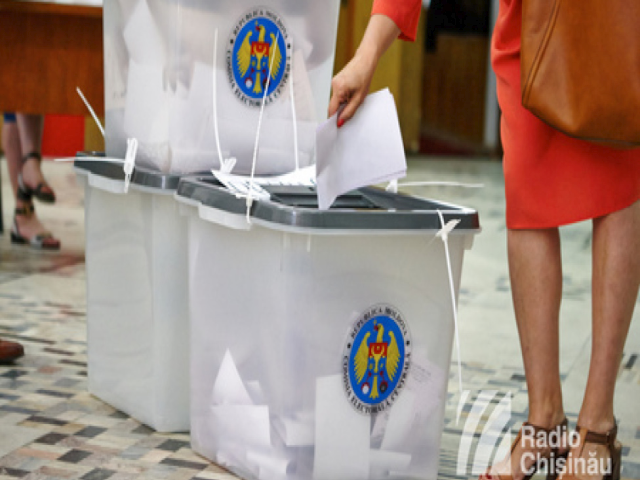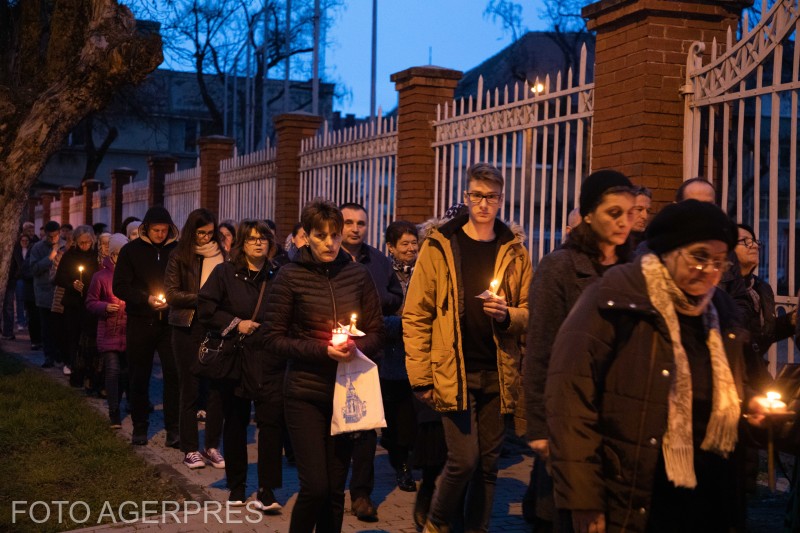Election campaign in the Republic of Moldova
Geopolitical and not only political issues are at stake in the presidential election in the Republic of Moldova, a former Soviet republic with a Romanian-speaking majority.

Bogdan Matei, 30.09.2016, 13:46
A campaign for the presidential election kicked off on Friday in the Republic of Moldova, with the first round scheduled for October 30th. This is for the first time after 2000 that the head of state is being elected through direct voting by citizens. Until now this prerogative belonged to the Moldovan MPs.
8 candidates are vying for the presidential seat, currently occupied by west-leaning Nicolae Timofti, whereas opinion polls quoted by Radio Romania’s correspondents in Chisinau, show that only three or four out of them stand real chances to win the election. Credited with over 30% of the votes, the main favourite in the election seems to be Pro-Russian Igor Dodon, a fierce anti-Romanian and anti-European Socialist leader.
Three pro-Western candidates might make it to the run-off, scheduled for November 13th: Maia Sandu, former reformist Education Minister, Andrei Nastase, a civil rights campaigner who led the big anti-corruption rallies and Marian Lupu, leader of the Democratic Party, the largest political group in the government coalition. Pundits have called into attention the fact that not only political issues are at stake in this election but geo-political as well.
A victory of the pro-Moscow left would bury Moldova’s European aspirations deep into the ground for an indefinite period of time. Dodon, who prides himself on posing with the Russian flag on his chest, has pledged to change the foreign policy vector, turning his back to Brussels and integrating the republic into the Russia-Belarus-Kazakhstan economic community. And thus, seven years of efforts, put up by the pro-European political forces since they came to power in 2009, to take the republic out of Moscow’s sphere of influence, would go down the drain.
Two years ago the Republic of Moldova’s progress was appreciated in the Eastern Partnership, a programme package through which the EU is trying to bring the ex-soviet countries closer to the Western standards of democracy and prosperity. Vocal disagreements between various coalition leaders, the belated reforms and huge corruption scandals, which reached their climax after one billion dollars had vanished from the country’s banking system, have sapped the voters’ trust in the pro-European coalition, bringing the pro-Russia leaders to the fore.
The upcoming election in the former Soviet state has stirred concern both in Western Europe and neighboring Romania, the staunchest supporter of Moldova’s European integration. In Bucharest, Romania’s Higher Defence Council (CSAT) has endorsed a medium and long-term strategy for improving relations with the neighboring republic. “Our relation has to improve, get better, become more pragmatic and predictable” — Romania’s President, Klaus Iohannis, has said, pleading for a more serious approach, without populist attitudes with stakes in the election. (Edited by D. Vijeu)






























